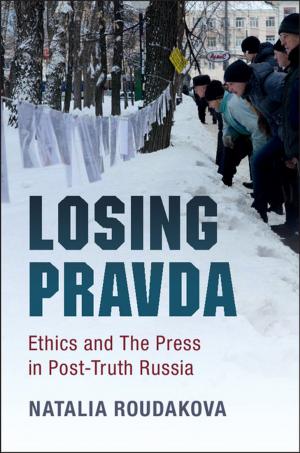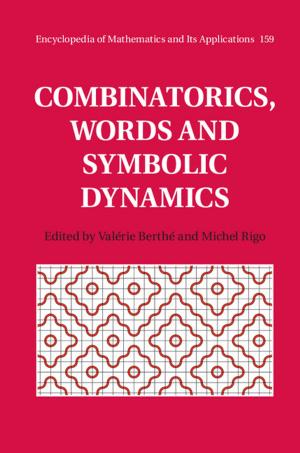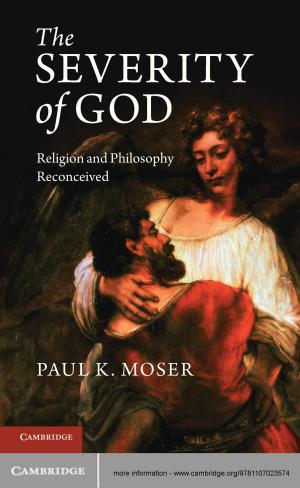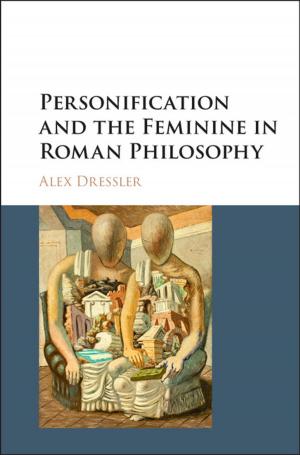Claudian and the Roman Epic Tradition
Nonfiction, History, Ancient History, Fiction & Literature, Literary Theory & Criticism| Author: | Catherine Ware | ISBN: | 9781139411479 |
| Publisher: | Cambridge University Press | Publication: | May 24, 2012 |
| Imprint: | Cambridge University Press | Language: | English |
| Author: | Catherine Ware |
| ISBN: | 9781139411479 |
| Publisher: | Cambridge University Press |
| Publication: | May 24, 2012 |
| Imprint: | Cambridge University Press |
| Language: | English |
The historical importance of Claudian as writer of panegyric and propaganda for the court of Honorius is well established but his poetry has been comparatively neglected: only recently has his work been the subject of modern literary criticism. Taking as its starting point Claudian's claim to be the heir to Virgil, this book examines his poetry as part of the Roman epic tradition. Discussing first what we understand by epic and its relevance for late antiquity, Catherine Ware argues that, like Virgil and later Roman epic poets, Claudian analyses his contemporary world in terms of classical epic. Engaging intertextually with his literary predecessors, Claudian updates concepts such as furor and concordia, redefining Romanitas to exclude the increasingly hostile east, depicting enemies of the west as new Giants and showing how the government of Honorius and his chief minister, Stilicho, have brought about a true golden age for the west.
The historical importance of Claudian as writer of panegyric and propaganda for the court of Honorius is well established but his poetry has been comparatively neglected: only recently has his work been the subject of modern literary criticism. Taking as its starting point Claudian's claim to be the heir to Virgil, this book examines his poetry as part of the Roman epic tradition. Discussing first what we understand by epic and its relevance for late antiquity, Catherine Ware argues that, like Virgil and later Roman epic poets, Claudian analyses his contemporary world in terms of classical epic. Engaging intertextually with his literary predecessors, Claudian updates concepts such as furor and concordia, redefining Romanitas to exclude the increasingly hostile east, depicting enemies of the west as new Giants and showing how the government of Honorius and his chief minister, Stilicho, have brought about a true golden age for the west.















